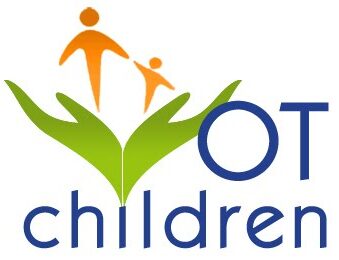Our Services
Teaching & Workshops
Enhance your knowledge and skills through our dynamic workshops! We share valuable insights that build confidence, improve problem-solving abilities, and foster collaboration among parents and professionals. There are various customizable topics, such as sensory processing, understanding the skills to use AAC, development stages, and related social-emotional skills, etc.Program Development
We create tailored programs that address specific goals within your institution. Our collaborative approach ensures inclusivity and effectiveness, utilizing Universal Design for Learning principles to benefit all learners. This is a multi-day process specifically tailored to your center and children, it has been utilized by elite childcare centers associated with the aerospace sector.Alternate Communication
Support your child’s communication needs with our Augmentative and Alternative Communication (AAC) services. We assess and implement strategies that help children express themselves effectively, promoting independence and social interaction. This includes working with all people interacting with your child on a regular basis.
Technology for Different Needs
We integrate technology solutions that cater to your child’s unique requirements. Our expertise in assistive technology enhances learning experiences and supports communication, helping children thrive in various environments. This ranges from low-tech solutions that are readily available to high-tech ones that are specific to each user.
Sensory Integration
Our Sensory Integration services address children’s ability to take information from their environment to give functional responses. A unique sensory profile clarifies challenges, helping children learn to manage sensory input effectively. We provide strategies to improve their ability to engage meaningfully in daily activities and seek appropriate support.
Feeding & Swallowing
We offer specialized assessments and interventions for children facing feeding and swallowing difficulties. Given that eating is inherently a social and nurturing experience, we stove to enhance children’s ability to eat safely and enjoyably within family mealtimes.Early Intervention
Early intervention describes supports provided to children under 3 years of age and is key to supporting your child’s development. We provide timely assessments and tailored strategies that address developmental delays, ensuring your child receives the support they need from the start.Foundational Skills
Our focus on foundational skills helps children develop the building blocks for more complex learning and development. We work on motor skills, exploration of the environment, play skills, self-care routines, and more to build a strong base for future learning.
Visual-Motor Skills
We assess and enhance visual-motor skills that measure the ability to process visual information and coordinate it with precise movement, it is critical for activities like writing, drawing, and sports. Many of these go undetected but have a big impact on school-based tasks. Our targeted interventions help improve coordination and visual processing abilities.
Get Started Today
By choosing OTchildren, you invest in a brighter future for your child or students.Contact us today to learn more about our services and how we can support the diverse needs of children in your care!
